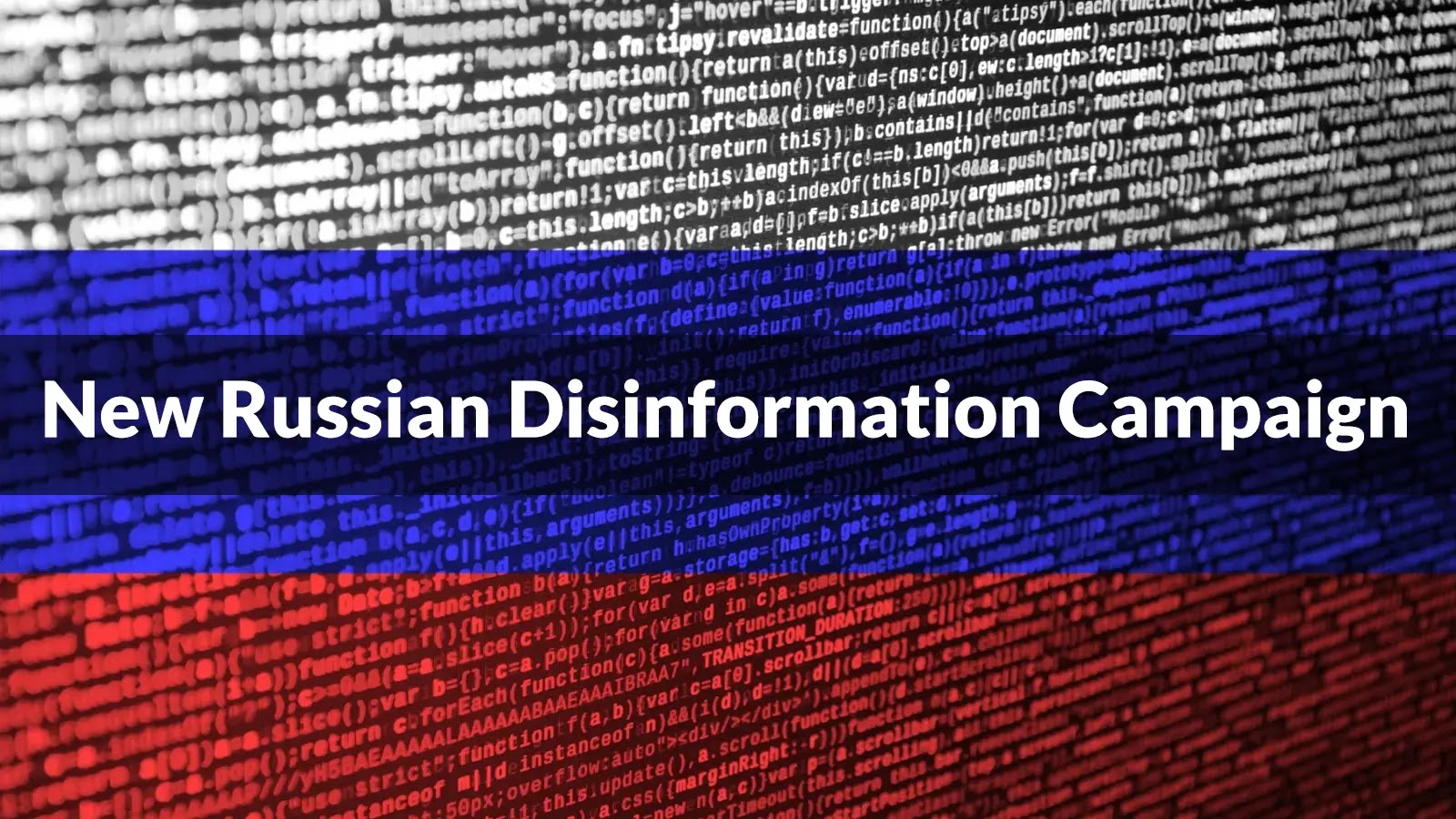
New Russian Disinformation Campaign Targeting Upcoming Moldova’s Elections
As the digital frontier expands, so too does the battleground for geopolitical influence. On the eve of Moldova’s critical parliamentary elections, scheduled for September 28, 2025, a new threat has emerged: a sophisticated Russian-backed disinformation campaign. This insidious operation aims to erode public trust in Moldova’s pro-European leadership, a cornerstone of the nation’s democratic stability. Understanding the tactics and implications of such campaigns is paramount for cybersecurity professionals and the public alike.
Unveiling the Disinformation Campaign Against Moldova’s Elections
Cybersecurity researchers have meticulously tracked the genesis of this campaign, noting its initial surfacing in April 2025. What began as a subtle proliferation of biased news articles has since escalated into a sophisticated network of influence. Analysts first identified a cluster of newly registered domains, specifically designed to mimic legitimate news outlets. These domains systematically published slanted narratives and misinformation, primarily in Romanian and Russian, targeting a broad spectrum of the Moldovan populace.
The strategic timing of this campaign, just months before parliamentary elections, underscores its intent: to sway public opinion and inject discord into the democratic process. These operations leverage a multi-faceted approach, combining propaganda with the exploitation of existing societal divisions.
Tactics and Modus Operandi of the Influence Operation
The Russian disinformation campaign against Moldova is not a monolithic effort but a carefully orchestrated symphony of deceptive tactics. Its primary goal is to manipulate perceptions and generate skepticism towards the current pro-European government. Key elements include:
- Propaganda Dissemination: Newly established, seemingly legitimate news websites serve as conduits for biased articles. These often present distorted facts or outright fabrications, carefully crafted to resonate with specific demographics and exploit existing political fault lines.
- Social Media Amplification: Fake accounts and bots on popular social media platforms are used to amplify these narratives. These accounts mimic real users, engaging in discussions, sharing articles, and promoting hashtags, creating an illusion of widespread organic support for the disinformation.
- Sowing Distrust in Democratic Institutions: A recurring theme is the targeting of democratic institutions, including the electoral process itself. Allegations of corruption, electoral fraud, and foreign interference are designed to undermine confidence in the integrity of the elections.
- Polarization and Division: The campaign actively seeks to exacerbate existing societal divisions, particularly those related to Moldova’s geopolitical alignment. This includes promoting anti-Western sentiments and fostering distrust towards European integration efforts.
The Broader Impact: Why Disinformation Matters
The implications of such disinformation campaigns extend far beyond the immediate election cycle. They represent a fundamental threat to democratic processes and societal cohesion. When citizens are bombarded with false information, their ability to make informed decisions is severely compromised. This can lead to:
- Erosion of Public Trust: Consistent exposure to misinformation can erode trust not only in specific political leaders but also in reliable news sources and democratic institutions as a whole.
- Political Instability: By fueling divisions and promoting extremist narratives, disinformation can contribute to social unrest and political instability.
- Weakening of Geopolitical Alliances: Campaigns designed to undermine pro-European leadership can weaken a nation’s resolve and influence its foreign policy orientation, potentially shifting alliances.
- Undermining Free and Fair Elections: The ultimate goal of such campaigns is to subvert the democratic process, either by influencing election outcomes or by delegitimizing them entirely.
Remediation Actions for Individuals and Organizations
Combating sophisticated disinformation campaigns requires a multi-pronged approach involving individuals, governmental bodies, and cybersecurity organizations. While there isn’t a specific CVE for disinformation itself, the techniques often exploit human vulnerabilities and trust. Here are actionable steps:
- Verify Information Sources: Always question the origin of news and information. Cross-reference claims with multiple reputable and independent news organizations. Look for established journalism ethics and transparency.
- Scrutinize Domain Names: Be wary of newly registered or slightly altered domain names that resemble established news outlets (e.g., “cybersecuritynews.co” instead of “cybersecuritynews.com”). A simple WHOIS lookup can reveal registration dates and ownership details.
- Fact-Checking Tools: Utilize independent fact-checking websites and organizations dedicated to debunking misinformation.
- Report Suspicious Activity: Report suspicious websites, social media accounts, and content to platform administrators and relevant cybersecurity authorities.
- Digital Literacy Training: Promote and participate in digital literacy programs that educate individuals on identifying and resisting disinformation tactics.
- Strengthen Cybersecurity Defenses: For organizations, bolster defenses against phishing and social engineering attacks, as these can be used to compromise accounts and spread disinformation. Regularly update security protocols and conduct employee training.
- Support Independent Journalism: Contribute to and support independent media outlets that uphold journalistic integrity and provide unbiased reporting.
The Ongoing Battle Against Digital Deception
The disinformation campaign targeting Moldova’s elections serves as a stark reminder of the persistent and evolving threats in the digital landscape. These sophisticated operations are designed to exploit human psychology and undermine democratic foundations. As technology advances, so too do the methods of those seeking to sow discord. Vigilance, critical thinking, and robust cybersecurity measures are not merely recommendations; they are essential defenses in safeguarding truth and preserving the integrity of democratic processes. The proactive identification and exposure of such campaigns by cybersecurity researchers are crucial steps in empowering citizens and governments to resist these insidious influences.





